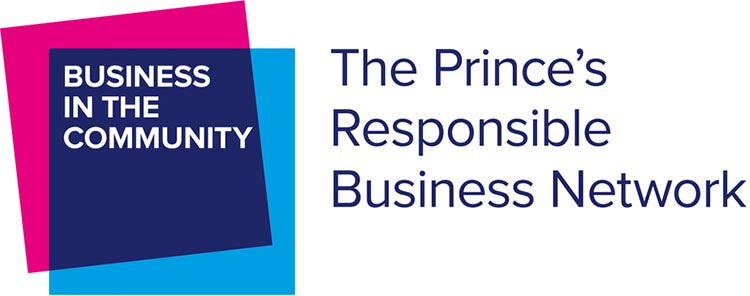Budget 2018: Apprenticeship levy needs more flexibility for small business to tackle skills gap

In response to the Chancellor announcing more support for small businesses to recruit apprenticeships in today’s Budget, Rachael Saunders, education director at Business in the Community comments on the need for increased flexibility to enable them to tackle the UK’s skills gaps.
Business in the Community is part of the Prince of Wales’ responsible business network – we are a non-profit and work with over 700 members (including many of the FTSE 100) on a range of responsible business issues ranging from diversity and inclusion and employee mental health and wellbeing to sustainability and community engagement.
Rachael Saunders, education director at Business in the Community, said:
“Cutting the cost of the apprenticeship levy for small businesses will enable them to recruit more young people from within their local community. This means that individuals will benefit by gaining the skills they need for the future, whilst employers are able to develop talent in-house. Additionally, this will allow young people to succeed in their careers as well as maintaining links with their local area, enabling communities across the UK to thrive.
“However, reducing the cost for small businesses is not a magic bullet for closing the skills gap. We welcome the additional steps announced today raising the transfer cap – there is still more to do to increase flexibility in the use of the levy in order to grow the number of apprenticeships we need to ensure that the UK has the skilled workforce necessary to compete in a rapidly changing global economy. Without this, we will struggle to make most of the opportunities this presents and risk leaving parts of the country behind.
“The skills agenda cannot only be about apprenticeships and T levels. Businesses also have a role to play in ensuring that all young people have the skills they need to succeed in work. Our recent research shows many young people feel they did not learn the skills they needed for work at school, meaning that they may be unprepared for the jobs market of the future. Businesses across the UK should partner with schools in their area to understand what skills are needed locally. By working together to run activities and using a shared language on skills, they can will help young people gain the skills to thrive in their working lives.”
About Business in the Community: Part of the Prince’s Responsible Business Network, is a business-led membership organisation made up of progressive businesses of all sizes who understand that the prosperity of business and society are mutually dependent. We exist to build healthy communities with successful businesses at their heart.











Responses